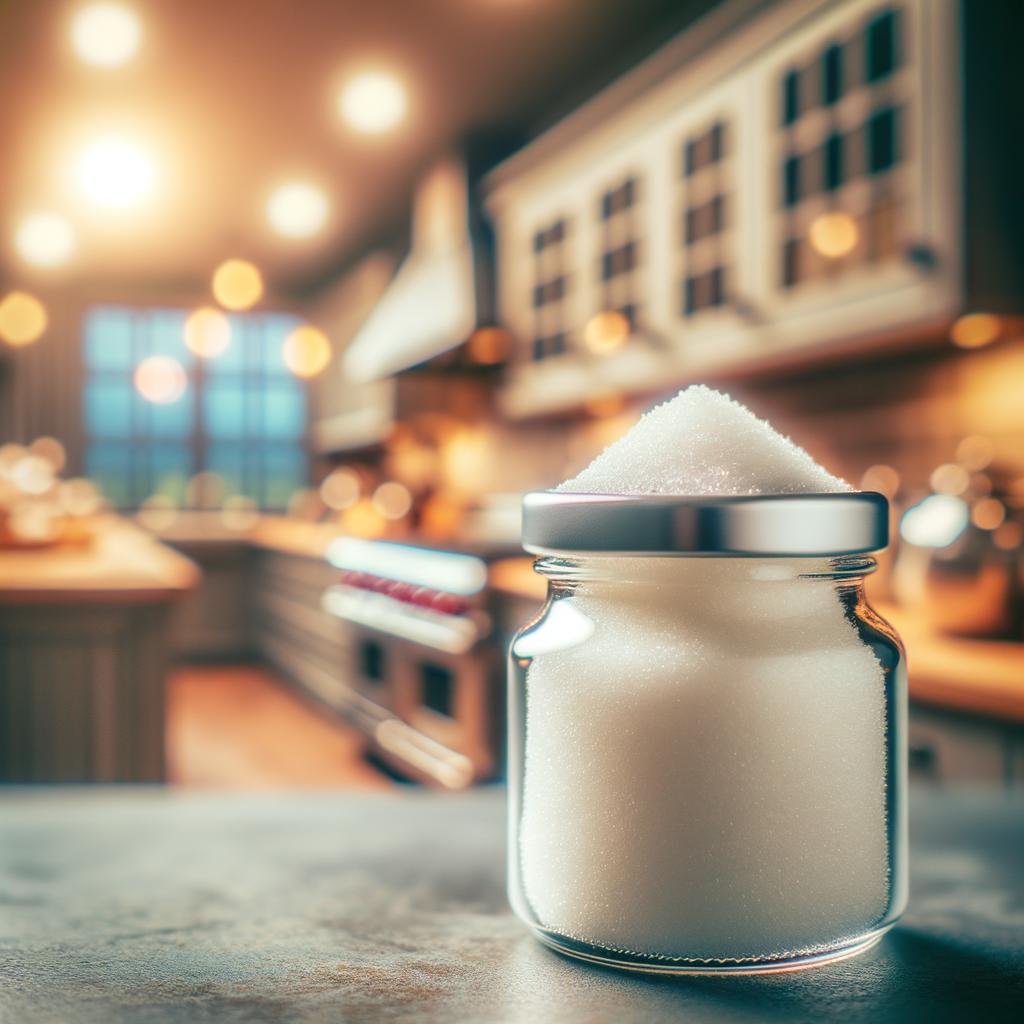Xanthan Gum

Description
Xanthan gum, a seemingly mysterious ingredient with an equally intriguing name, is a white, powdery substance that may not catch your eye at first glance. However, its unassuming appearance belies its powerful properties. It has a smooth texture, much like powdered sugar, and is virtually tasteless. But what sets xanthan gum apart from similar ingredients is its extraordinary ability to act as a thickening and stabilizing agent in a variety of food and industrial applications, creating a smooth and creamy texture that is much sought after in the culinary world.
Primary Uses
In the kitchen, xanthan gum is a culinary wizard's secret weapon. It is commonly used in gluten-free baking to replicate the elasticity and fluffiness that gluten imparts to bread and pastries. It is also a key component in sauces, dressings, and ice creams, where it prevents the separation of ingredients and enhances the mouthfeel. Beyond the culinary sphere, xanthan gum has non-food uses too. It is used in cosmetics for its stabilizing properties and in industry as a thickening agent in oil drilling.
History
Xanthan gum has a fascinating history that belies its commonplace use today. It was discovered in the 1950s by a team of USDA researchers who were studying the bacteria Xanthomonas campestris, which creates a slimy substance that causes black rot on vegetable leaves. This seemingly destructive substance was then harnessed to create a food additive that revolutionized the food industry. Over time, its use has evolved from a niche ingredient in specialized food products to a staple in gluten-free and dairy-free cooking.
Nutritional Information
Nutritionally, xanthan gum is a soluble fiber, which means it may aid in digestive health by adding bulk to the diet and promoting regular bowel movements. However, it's usually used in such small amounts that it doesn't significantly contribute to your daily fiber intake. Compared to similar ingredients like guar gum, it has a stronger thickening ability, meaning you need less of it to achieve the same effect. While it is generally safe to consume, those with severe wheat, corn, soy, or dairy allergies should be cautious as xanthan gum can be derived from these allergenic substances. Its unique properties and versatile uses make it a fascinating subject in the world of food history.

